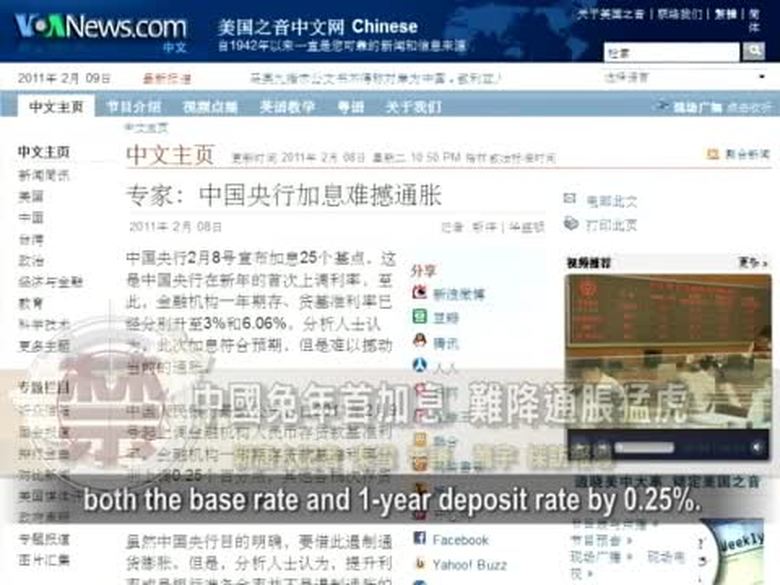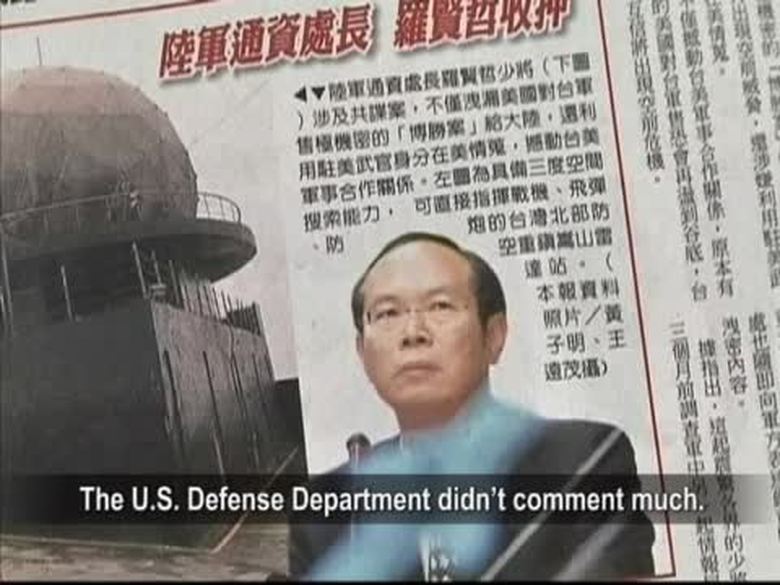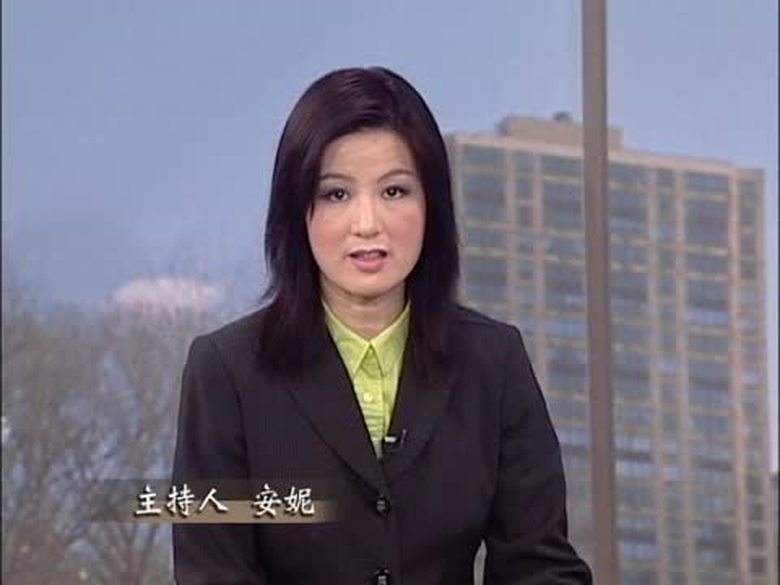【新唐人2011年2月8日訊】中國校友會網站發佈了2011中國造富大學排行榜,北京大學造就的億萬富豪人數最多,有79人。清華大學有70人,名列第二,浙江大學有66人,名列第三,有專家認爲,大學是培養知識專業人才的地方,不應該被看作是製造富翁的地方。
事實上,這個榜單由一系列排行榜組成,還包括“2011中國大學院士校友榜”、“傑出科學家校友榜”、“傑出政界校友排行榜”等。
海外網路雜誌“中國事務”主編伍凡認爲,大學是培養知識專業人才的地方,目標不是賺錢,不應該被看作是製造富翁的地方。
伍凡:“大學的目標是培養對社會有貢獻的、有創造力的、能夠有遠見的一批知識精英或者知識份子,不是為了創造錢。創造錢是一個後果而不是一個目標。整個中國的大學系統全部墮落了,墮落成了資本家集團了,不是一個創造思想的地方,他們這些東西就是炫耀我這個大學能培養多少資本家。”
然而,在金錢至上的中國高校,乃至整個社會的理念與追求的大背景下,“造富排行榜”還是大大超越了其他排行榜,吸引了很多人的注意力。“北大最盛產億萬富豪”直接成了新聞的大標題,被廣泛轉載。而其他的榜單則被選擇性忽略,成為了“富豪榜”的陪襯。
時事評論作者朱四倍則認爲,在中國用行政模式管理大學,用行政思維決策學術問題的狀況已較為普遍,世俗化、庸俗化之風吞噬著清新自由的學術空氣。今天的中國大學甚麼都關心——談經費、談位置、談機構、談級別,但是談的最少的往往卻是教育和學術本身。大學似乎淡忘了對真、善、美的心靈渴求,大學精神在悄然失落。
美國最有影響力的大學排行榜出自《美國新聞與世界報導》,它評價大學的主要指標包括:在校生的回返率和畢業率(一年級新生的退學率和6年的畢業率),師資品質(小班課和大班課的百分比、教授平均工資和福利等),學校資金(一個財政年度內在教學、科研、服務以及其他有關方面為學生支出的人均費用)等。
專家指出,這些指標幾乎都與教學和學生有關,所蘊含的理念也不言而喻——大學的核心功能,是培養人才。但在中國,琳琅滿目的大學排行榜卻有點走味,往往偏重科研條件和硬體設備,輕視人才培養。對高校“造富”能力的過分關注和追捧,也讓眾多大陸民衆擔心高校評價行業正在捨本逐末。
人人網網友李賀說:“應該看看大學培養了多少科學家、政治家(非政客)、企業家(非富豪)、軍事家(非軍閥),而不是以富豪數量作為好大學的標準。價值觀的錯誤導向,最終也許會導致『比拚培養了多少貪官』!”
新唐人記者王子琦、孫寧綜合報導。
The China University Alumni Association website published the 2011 Ranking of Rich Alumni. Beijing University ranks 1st, with 79 billionaires. Qinghua University ranked second with 70.Zhejiang University ranked third with 66. Some experts believe that university should be the place to train professionals, not to create millionaires.
In fact, the list was composed of a series of ranking, including “2011 Alumini Ranking of Academician,”“Outstanding Alumni Scientist,” and “Outstanding Alumni Politicians” and so on.
Wu Fan, editor-in-chief of the magazine China Affairs thinks that universities are places to train professionals. It should not be a place to create millionaires.Its goal is not to make money.
Wu Fan: “Universities are places to foster elites or intellectuals that contribute to the society, rather than making money. Creating wealth is the result, not the goal of education. Chinese university system is corrupt. It has turned into capital groups. They are showing off how many capitalists the schools have fostered.”
In the current society with the admiration of money,this wealth ranking attracts many people』s attention,surpassing other rankings. “Beijing University has the most billionaires” was on news headlines, and was widely quoted, while other rankings were ignored.
Commentator Zhu Sibei believes, China manages universities and handles academic issues with political and administrative thinking. The fresh academic air has been polluted. Chinese universities today care about everything:funding, ranking, system, level, etc. While education and academics are ignored. Universities seem to have forgotten about the spiritual search of truth, compassion and beauty. They are losing their souls.
America's most influential college rankings is by U.S. News and World Report. It uses key indicators such as the rate of student returning and graduation
(first year students drop-out and 6-year graduation rate), teacher quality (percentage of small and large classes,professors』 average salary and benefits, etc.), school funding (teaching, research, services, and other costs per student of one fiscal year) and so on.
Experts point out that these indicators are related to teaching and students, indicating the core concept of universities is to develop talent. But in China, the rankings are a bit off track. They are often biased towards research conditions and hardware equipment, while personnel training is not paid attention to. There is too much focus around schools ability to create “wealth.” Many people in Mainland China think the ranking of wealth is only about the unimportant.
Renren.com netizen Li He said: “We should look at the number of university-trained scientists, statesmen (not politicians), entrepreneurs (not magnates), military experts (not warlords), rather than the number of the rich, as a good
university standard. Misguided values will ultimately lead to “contest on how many corrupt officials are trained!”
NTD Reporters Wan Ziqi and Sun Ning























